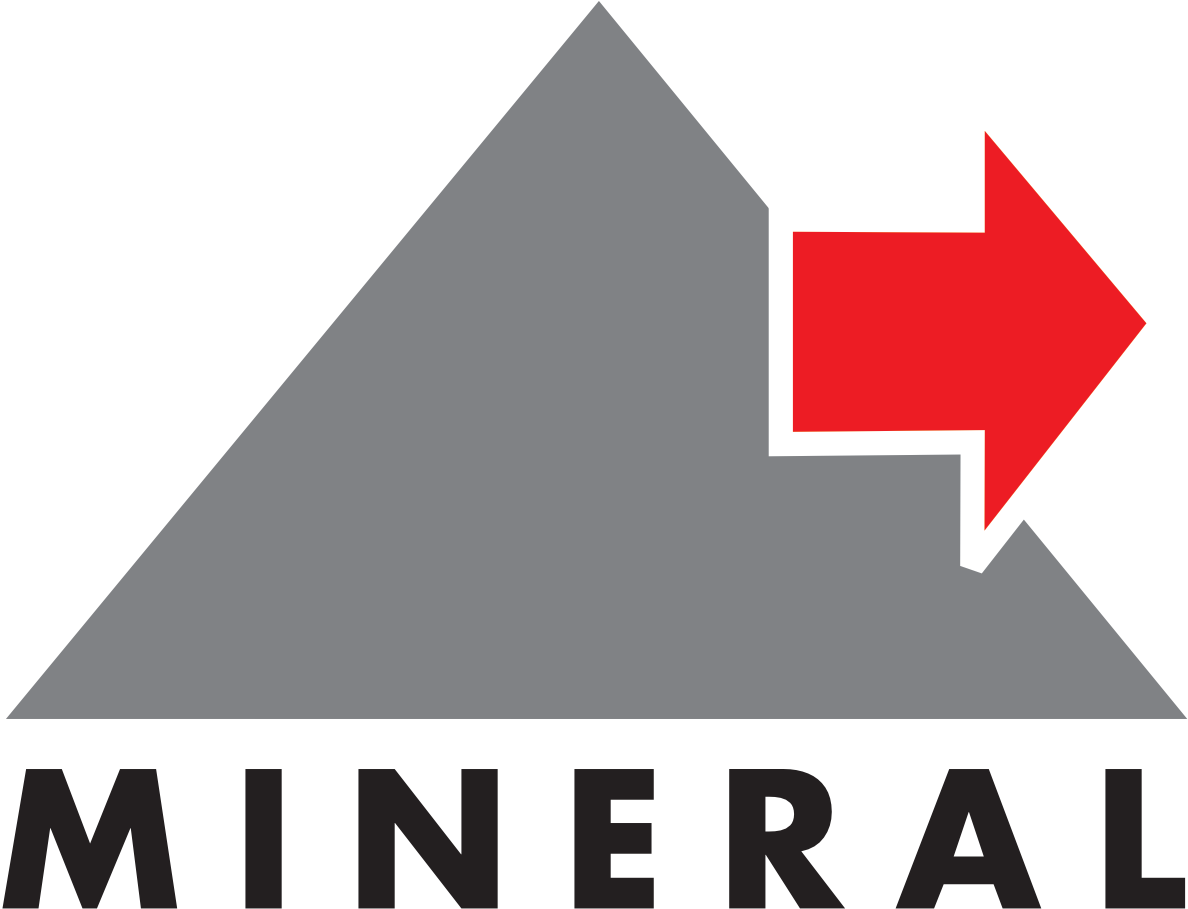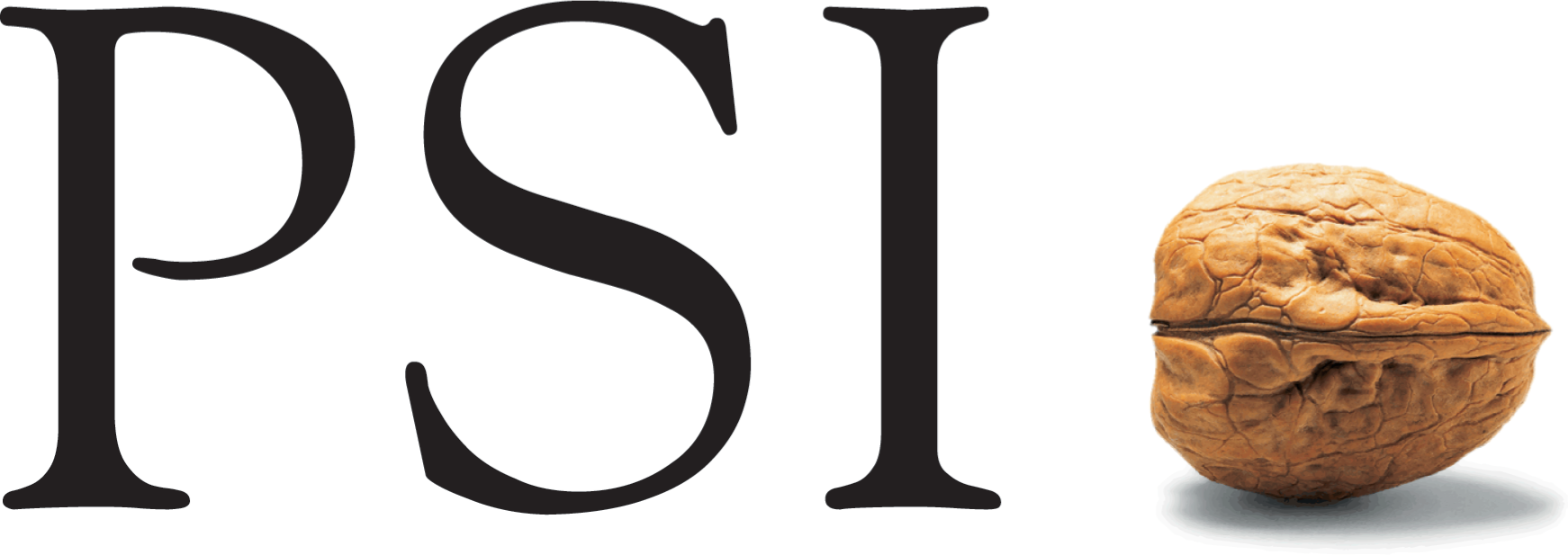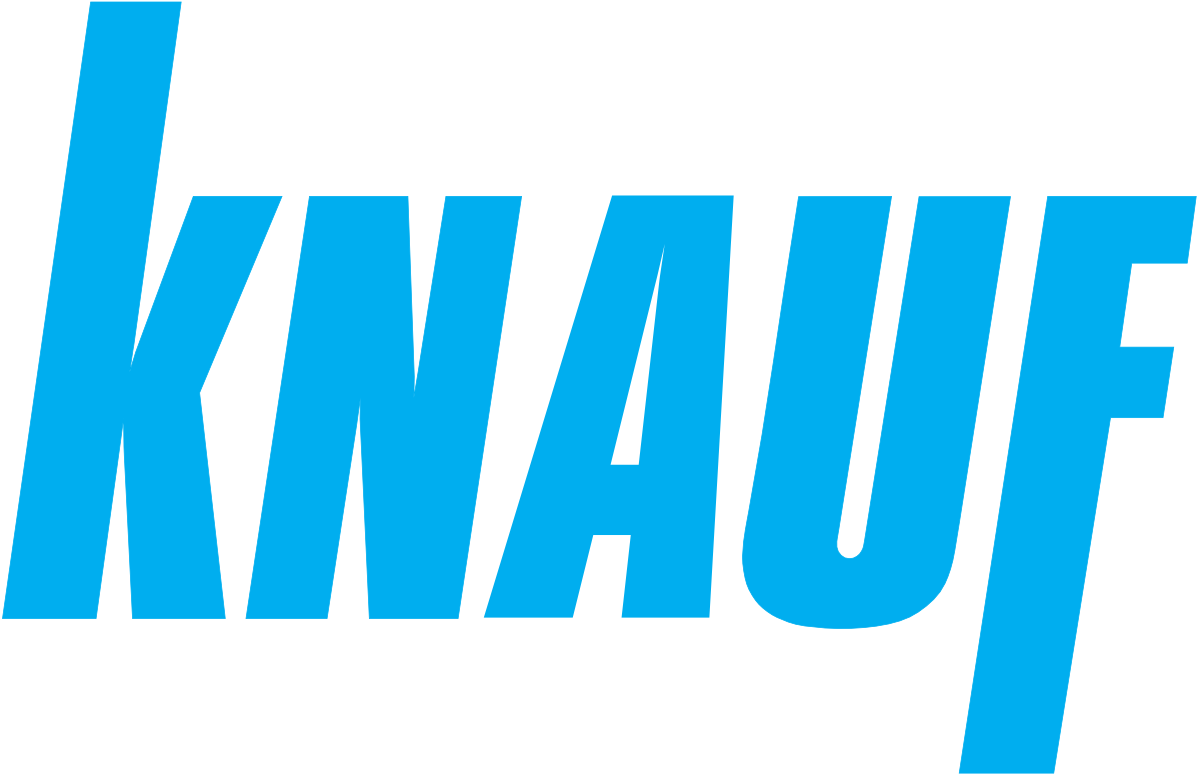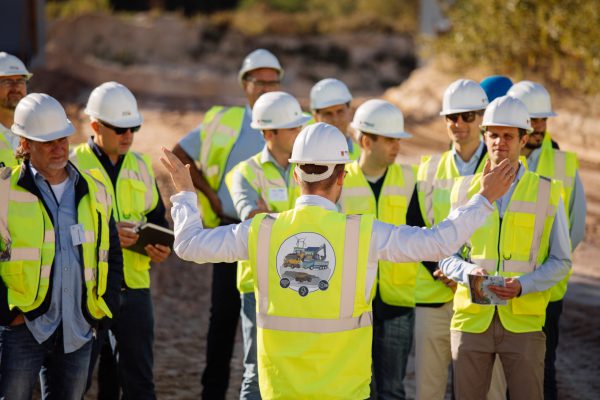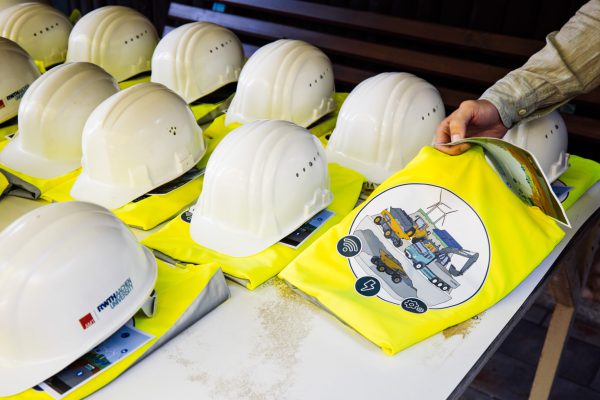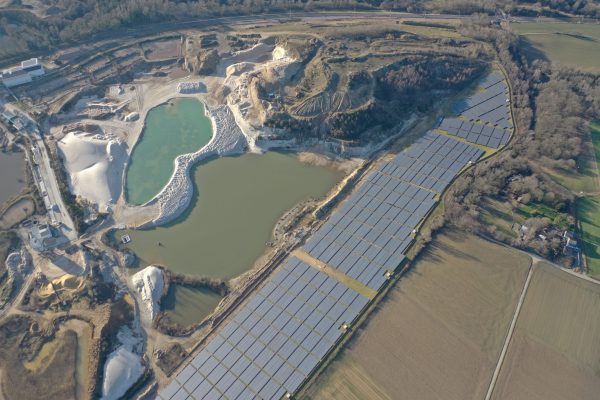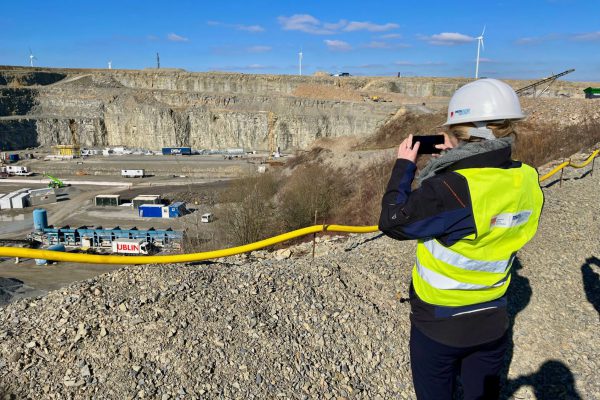The Institute for Advanced Mining Technologies (AMT) chairs the syndicate as the coordinator and within the project researches on the effects of the electrification and the raw material extraction companies to herethrough enable the development of two key technologies. Those are firstly the development of a energy model in raw material extraction and the optimization of the dismantling planning to predict the energy consumption and to optimize the operation. Secondly the AMT develops in the framework of ELMAR a transformation concept to electrify raw material extraction plants. Additionally, the AMT is responsible of implementing the transport solution as a representative of the real laboratory in Nivelstein.
The following contents are elaborated on in the ELMAR project:
1. Development of a raw material extraction energy model and optimized dismantling planning to predict the energy consumption and to optimize the operation.
This subgoal follows an approach based taking into account possible energy aspects of dismantling planning and production control. This also implies the energy generation at the location, for instance by using photovoltaic, local energy storaging using battery systems, the optimization of the energy consumption of vehicles as well as production goals and limitations. This energetic influence factors are taken into account by using this subgoal in the daily production control and short-term planning, but also in the middle- and long-term planning. This approach of an energetically optimized operative dismantling plan can be conveyed to a tacticalor strategical mine plan. By geometrically expanding the raw material extracion operation the energy consumption increases due to the longer transport ways, which can be challenging for process safety especially with the vehicles. By using the energetically optimized and model-based dismantling planning being under development it will be possible to reduce emissions and to archieve a more sustainable and efficient energy management in raw material extraction.
Taking everything into account, an energy model of this kind gives the opportunity to develop a more efficient raw material extraction process, the integration of renewable ressources and the support of the infrastructure planning. Moreover the usage of energy ressources is optimized and the make of profound and data-driven decisions is eased.
2. Development of a transformation concept of raw material extraction plants to define requirements, desired conditions, realization szenarios and inter-company exchange of insights of electrification.
The electrification of transport vehicles in raw material extraction plants is gaining relevance due to the increasing importance of sustainability as well as environmental and health protection. The introduction of electrical transport machines can help reducing emissions and the dependance on fossil fuels. Nevertheless, the following problems were identified for realizing:
- High investment amount of electrical transport vehicles
- Unknown requirements on operation, transport vehicles and infrastructure
- Unkown effects of the electrification on operation and processes
The development of a transformation concept has the global goal to realize a systematical and modular conception for the transformation of conventional business models up to a electrifies transport in raw material extraction. To archieve this, firstly the requirements of the raw material extraction companies on their transport vehicles are identified. Secondly, the effects of the electrification approach on the transformation of raw material extraction companies are analyzed based on the use cases. Thirdly evolves the derivation of guidances from the insighes of the use cases of the project on electrification of raw material extraction companies.
With this transformation concept the electrification of raw material extraction plants shall be promoted in a understandable, easy and stronger way. This gives the opportunity of the raw material extraction to participate in fulfilling the climate goals of EU and the Federal Governmenrt of Germany.




